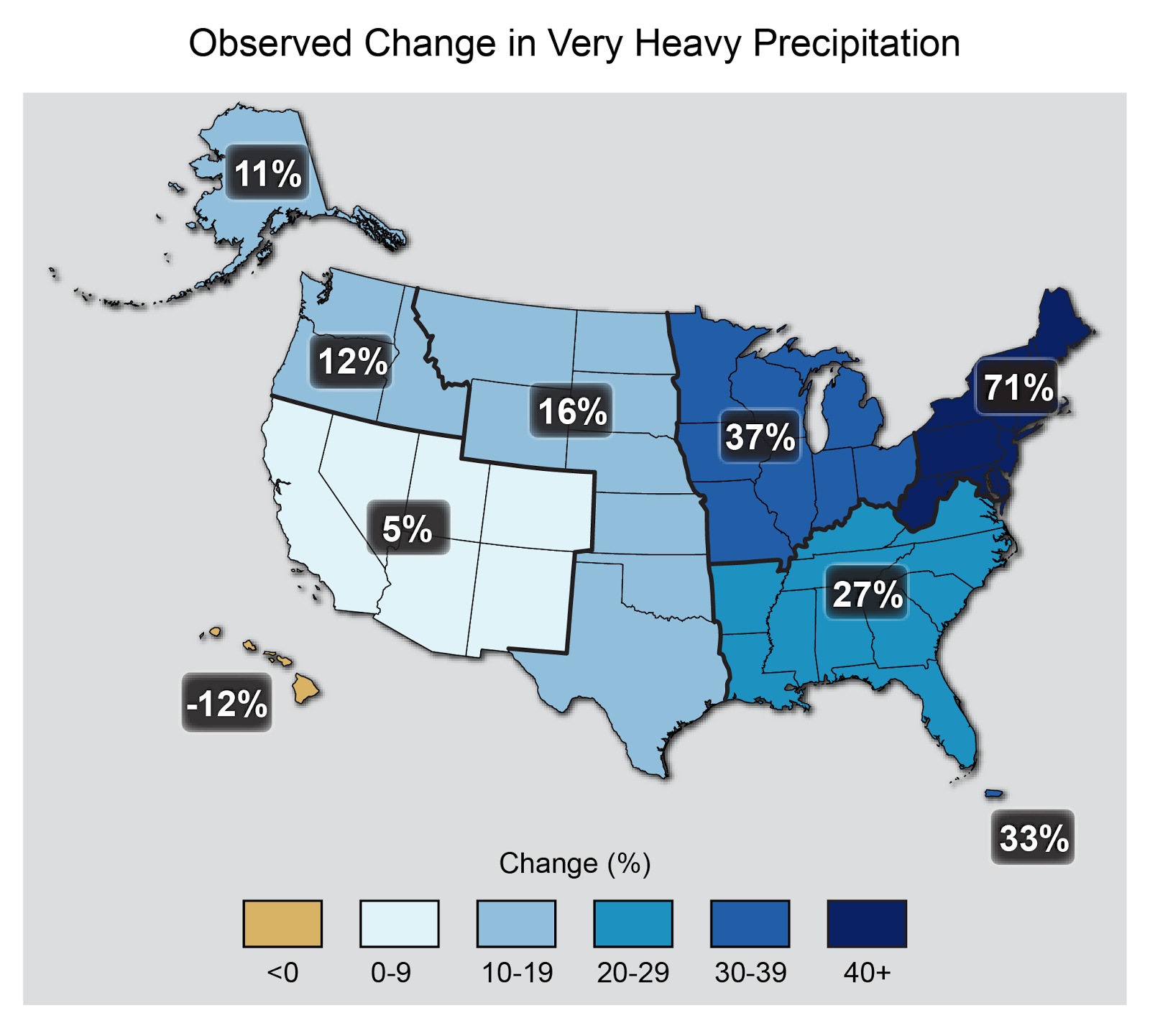Run, Joe, Run: Why Democrats Need A Biden Candidacy - The Atlantic. A similar case can be made that a Paul candidacy can allow a similar debate in the GOP, but the extremism there makes it less likely.
'What could be more interesting than how the mind works?' Steven Pinker's history of thought - Harvard Gazette
How to Trap the Guilty and Gullible into Revealing Themselves - Wall Street Journal
Hardship Makes a New Home in the Suburbs - New York Times
Alan Guth: What Made the Big Bang bang - The Boston Globe Magazine. A very accessible article about the inflation theory of the origin of the universe, and the fascinating man who birthed it. More on this later.
Black Pastors Help Rand Paul Divine That Voter ID Laws Are 'Offending People' - The Wire. The sad part is that Rand Paul's brush with reality will tank him with the racist base of the GOP.
Also, more links later as I can get to it. I have a few things I need to do.
Update: The rain never came, so I ended up planting corn all day (and much of the night). We have 55 acres of corn left, so we'll see if we can beat the rain.
Solna subway station, Stockholm - The Big Picture in 2013





